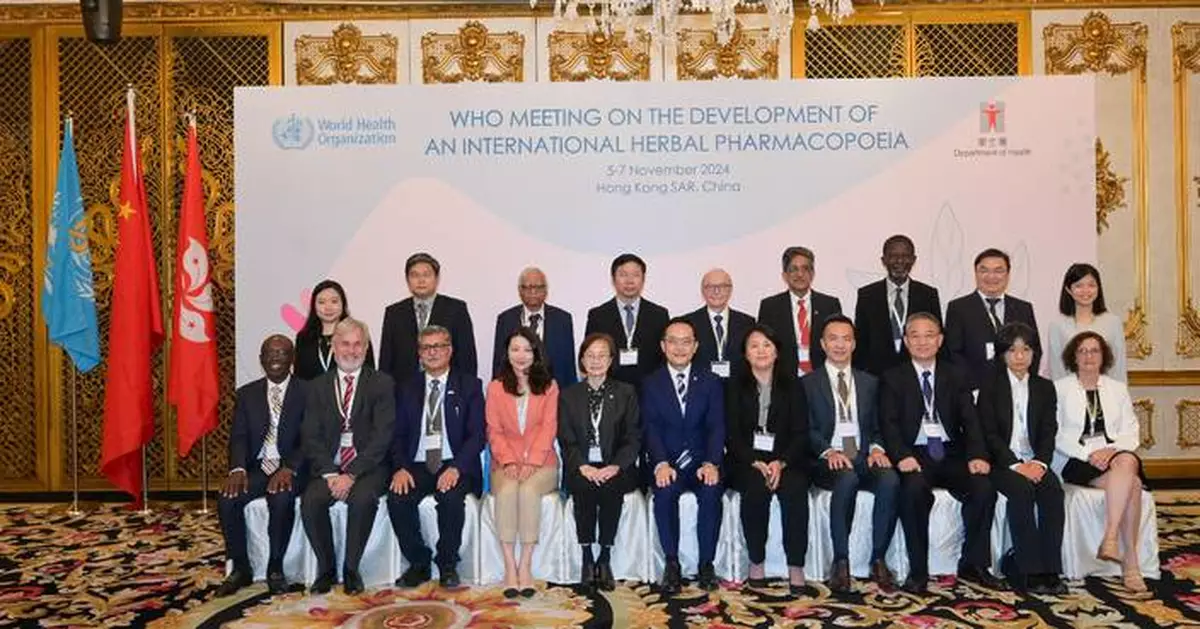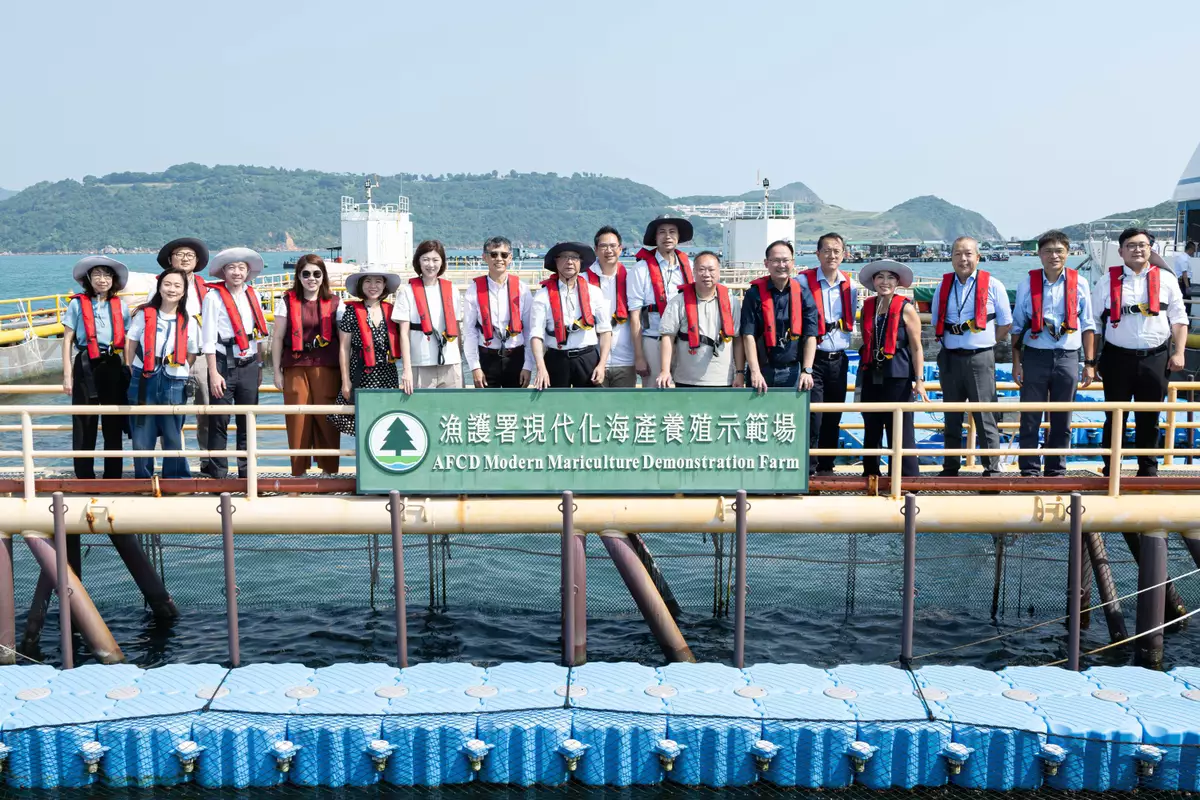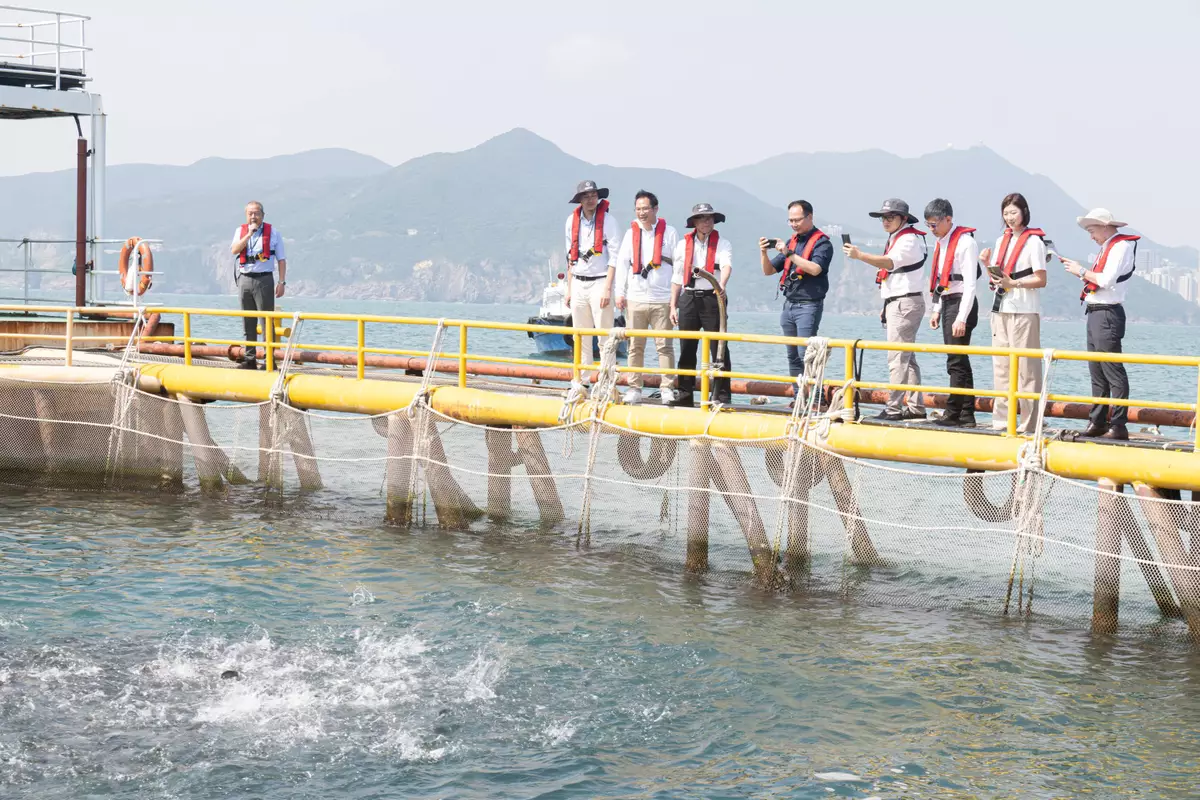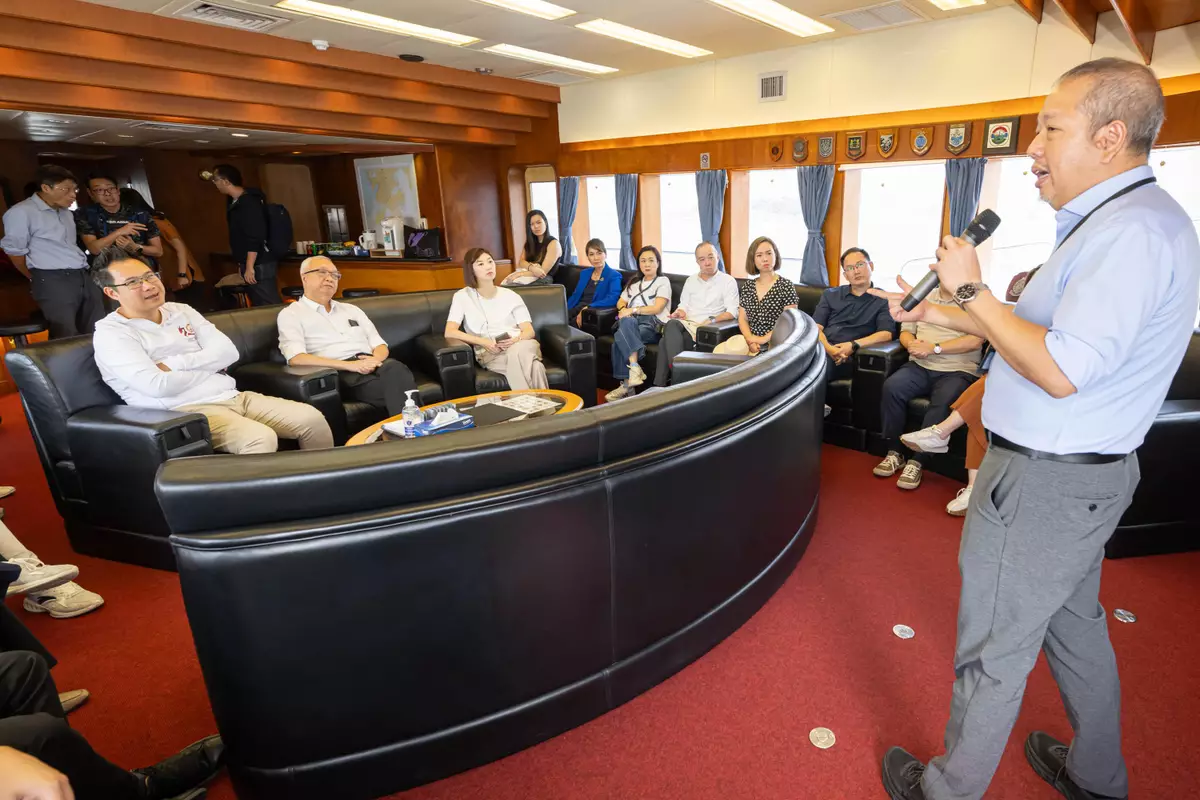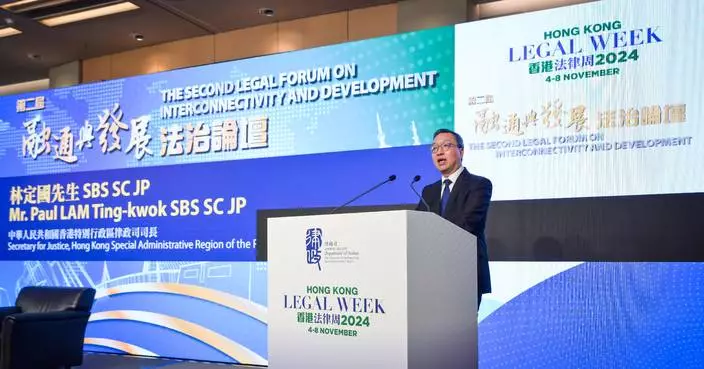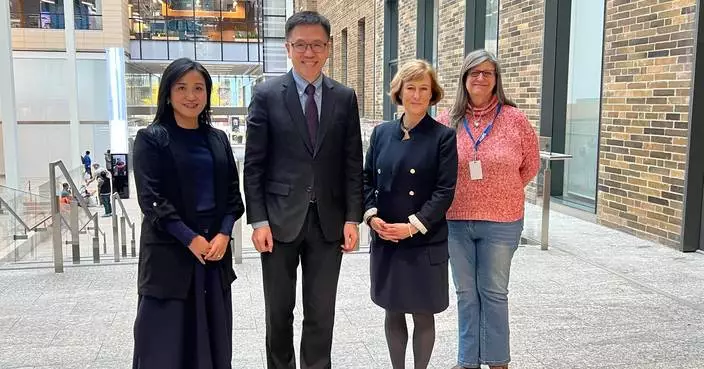WHO holds meeting to discuss development of International Herbal Pharmacopoeia in Hong Kong, China
The World Health Organization (WHO) commenced a three-day meeting in Hong Kong, China today (November 5) to discuss the development of an International Herbal Pharmacopoeia (IHP).
The establishment of the IHP represents a pivotal step for the WHO in addressing the challenges of regulation, standardisation, and quality assurance of herbal products. This not only provides a globally recognised reference to ensure the quality and safety of herbal medicines but also promotes the rational use of herbal medicines in clinical practice. As the WHO Collaborating Centre for Traditional Medicine, the Chinese Medicine Regulatory Office (CMRO) of the Department of Health (DH) has been requested by the WHO to provide technical inputs for the development of safety and quality standards for herbal medicine.
The WHO meeting on the development of an IHP is being held in Hong Kong, China, starting from today until November 7, with support from the DH. The meeting aims to discuss the roadmap for developing the IHP and other related issues in IHP development, such as the draft outline, scope and framework of the IHP, as well as the working mechanism for its development.
The Director of the Department of Integrated Health Services of the WHO, Dr Rudi Eggers, delivered video opening remarks. "Thank you very much to Hong Kong for your ongoing support; with that we have been able to organise this long-awaited interaction."
Regarding the contribution of Hong Kong to the development of traditional medicine, the Head of Traditional, Complementary and Integrative Medicine Unit of the WHO, Dr Kim Sungchol, said, "The Government Chinese Medicines Testing Institute (GCMTI) of Hong Kong is a well-established laboratory, which has been dedicated to setting high standards for the safety and quality of Chinese medicines. With its specialised herbarium focused on Lingnan herbal medicine, the GCMTI serves as a vital resource for comparative studies, demonstrating the synergy between traditional knowledge and modern scientific practices."
Addressing the opening session, the Director of Health, Dr Ronald Lam, said, "Herbal medicines have played a critical role in healthcare for centuries. Across the globe, herbal medicines have been integral to healthcare systems and have assumed a significant role in promoting health and well-being for millions of people."
Dr Lam also updated participants on Hong Kong's progress in developing safety and quality control for Chinese medicines. He said, "The Hong Kong Chinese Materia Medica Standards (HKCMMS) project launched in 2002 has formulated safety and quality standards for local commonly used Chinese herbal medicines. As of now, standards for a total of 330 Chinese Materia Medica have been established under the HKCMMS project, and more are in the pipeline. The scientific research results of the HKCMMS project has been repeatedly cited by overseas reputable authorities and in international journal articles on research related to Chinese medicines."
The DH has been contributing to global public health by supporting the WHO in combating different public health challenges. The CMRO of the DH has been designated as the WHO Collaborating Centre for Traditional Medicine since 2012. The DH will continue to maintain close contact with member states and areas of the WHO on various issues to safeguard public health.
Participants in the meeting include renowned international experts from the WHO and its six regions, namely, Africa, the Americas, the Eastern Mediterranean, Europe, Southeast Asia and the Western Pacific. An expert from Hong Kong, China was elected as one of the rapporteurs for the meeting.
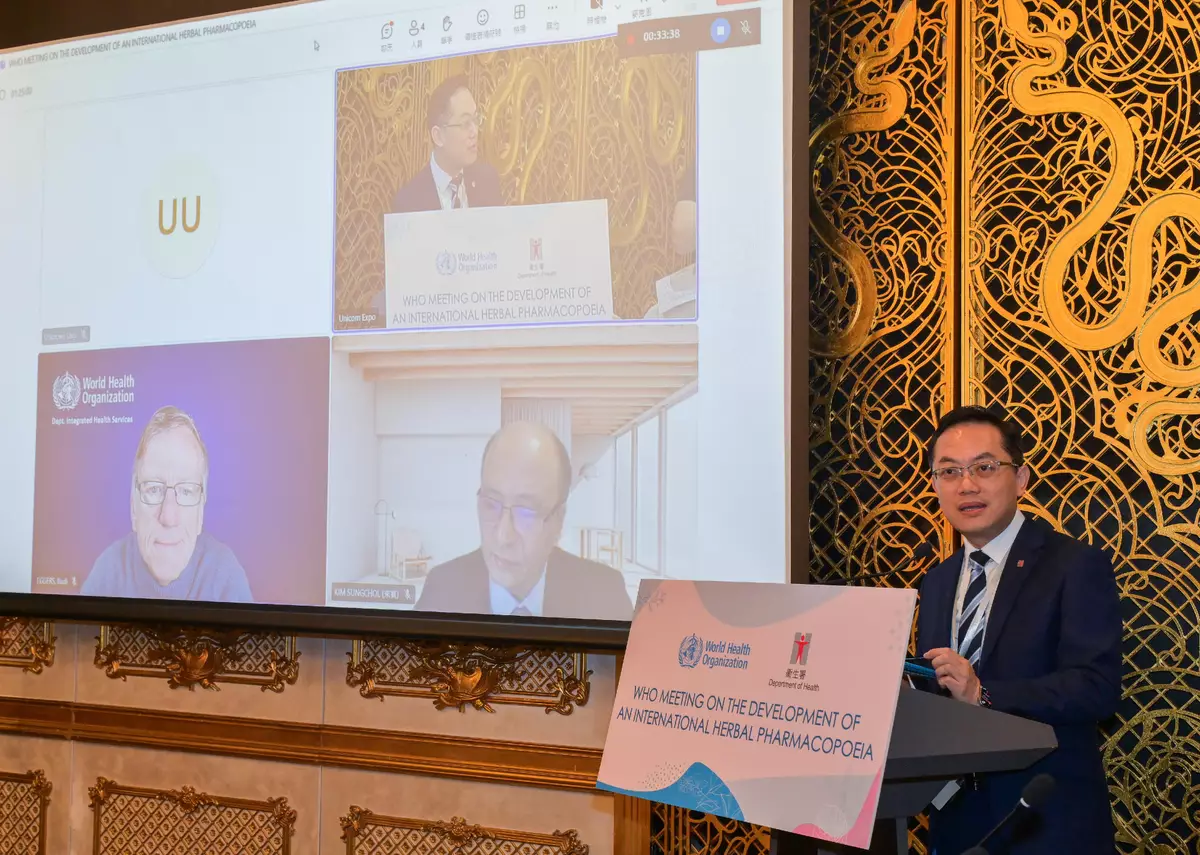
WHO holds meeting to discuss development of International Herbal Pharmacopoeia in Hong Kong, China Source: HKSAR Government Press Releases
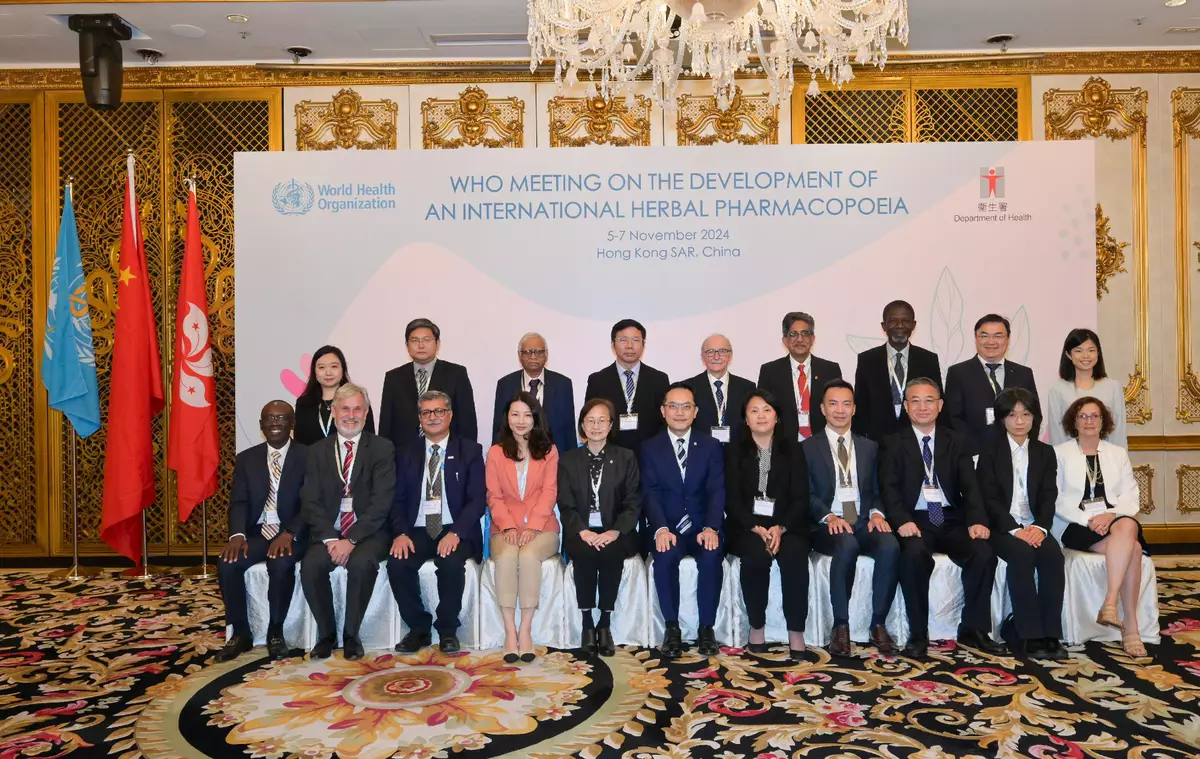
WHO holds meeting to discuss development of International Herbal Pharmacopoeia in Hong Kong, China Source: HKSAR Government Press Releases


